TOP RECOMMENDATIONS ON SELF-HELP
Click cover to read review
EASY READS
Inspirational true stories from around the world and from the lives of ordinary people. Younger readers should look at Chicken Soup For The Teenage Soul.
Much of our daily stress is actually the “small stuff” – traffic problems, urgent deadlines, boring meetings, bureaucracy, rude emails, demanding bosses, an assumed rat race, etc. The real problems –job layoffs, theft or violence – are really few and far between.
We all have thoughts that we keep only to ourselves, our deepest desires, fears and aspirations. Prather opens up his heart in the book, and in reading it, we can understand our insecurities better.
The classic on dealing with change in our work and lives. Uses the parable of a mouse and cheese (metaphor for what we want in our lives) to offer profound lessons.
An easy-to-read fable that every parent and kid should explore together: finding our true potential, individual ambition vs. society’s curbs, loving even those who oppose us, practicing till we become perfect etc.
Carnegie wrote it 80 years ago and it is still a bestseller. Learn 6 ways to make people like you, 12 ways to influence, and 9 ways to help people change people.
What makes Denmark consistently one of the happiest countries in the world? Apart from their material achievements, they have a very interesting concept of Hygge (pronounced hyoo-ga) which means cosyness: Enjoying the little things in life and finding time to slow down and build relationships.
What really is Success? Is it just Money and Power? The co-founder of the famous Huffington Post makes a passionate case to live our lives using a Third Metric – that focusses on Well Being, Wonder, Wisdom and Giving.
Habits make or break us. Rationally, we know we should develop constructive new habits, but in reality, we fail again and again, going back to our old ways. The author combines the latest advancements in science and in marketing to teach us how to develop and retain a new habit.
In a world full of stress and crushing workload, managing energy, not time, is the key to high performance. A psychologist offers a step-by-step guide: Manage 4 sources of energy; balance energy spend with renewal; increase capacity like athletes and maintain positivity.
HEAVIER READS
Why are some people more successful than others? Prof. Goleman identifies 5 success factors that separate the ordinary from the extremely successful – Self-understanding, Self-discipline, Passion, Empathy and Social Networking – which he together calls EQ.
The one book that has probably influenced me most. Covey distills 150 years of leadership literature to enunciate 7 Habits that make some people more effective than others. [Younger readers may prefer 7 Habits of Highly Effective Teens, written by his son]
People become successful because of certain good habits and in spite of some bad habits. The latter, if left uncorrected, can put serious brakes in our career. Marshall highlights 21 of these fatal flaws that separate the good from the truly great.
We don’t need to be in a state of misery to start thinking about happiness. Even with a blessed, fortunate life, there can still be a feeling of emptiness, a feeling of boredom. Gretchen identifies 12 themes that could add to the happiness in our lives.
What really is Happiness? Can we train our brain to be more happy? One of Europe’s most respected science writers combines neuroscience, psychology and eastern philosophy to teach us about happiness.
Learn from Harvard’s most popular course in history: how can we all be happier? The book argues that we keep pursuing material goals long after they have ceased to satisfy us. Instead we should look for meaning and pleasure.
Even the best of bschools do not teach us to be ‘street smart’, and that is exactly what we may need to be successful in the real world: reading people, leaving impressions, finding our edge and being an entrepreneur. Learn from McCormack, the famous founder of IMG (world’s leading sports and celebrity management firm)
“Life is difficult”, laments Scott and then offers a new psychology to deal with it: Discipline, Love (and the myth of romantic love), Spiritual Growth and Grace.
Learn from one of the richest coaching gurus (Tony’s net worth is $0.5bn!) how to take immediate control of your mental, emotional, physical and financial destiny. His seminars retail at $2000 so the book is a bargain!
A Professor of Medicine combines eastern wisdom with latest fMRI based research to give a detailed guide on mindfulness: the 8 week practice schedule with meditation is proven to reduce stress, anxiety, panic and emotional pain.

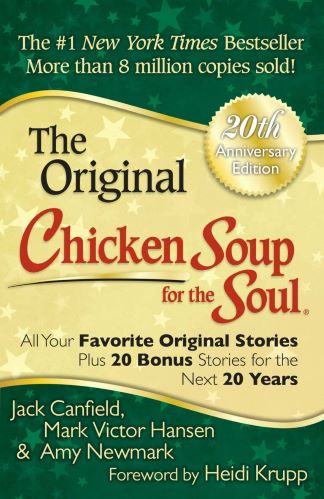

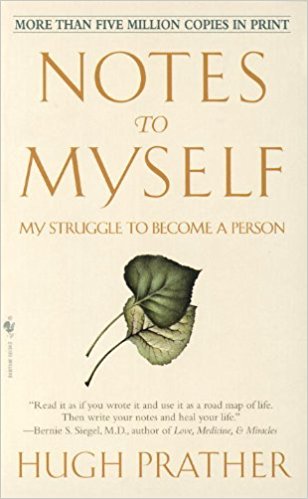
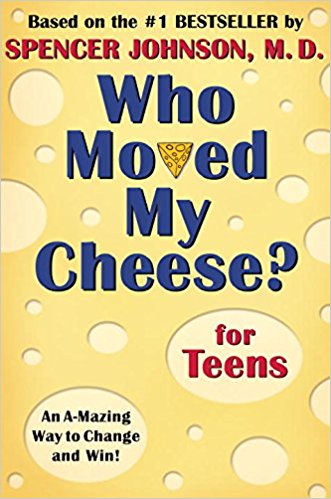




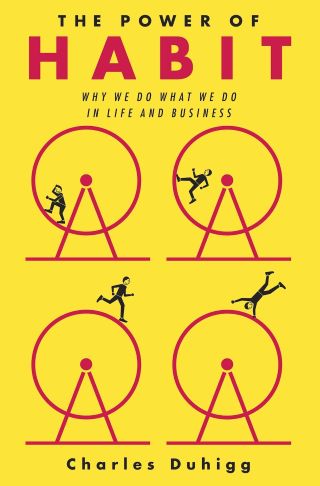
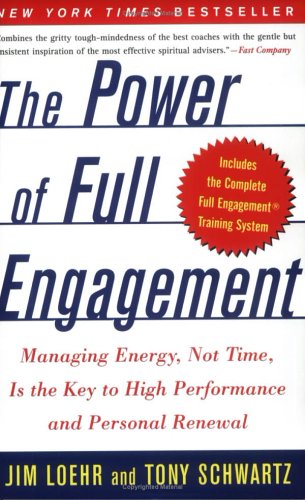



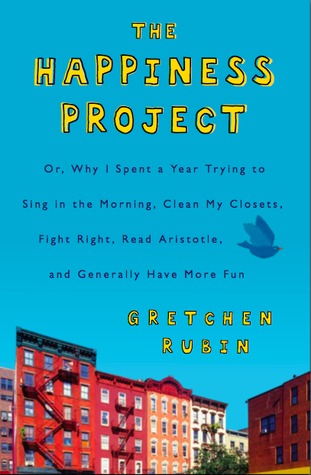


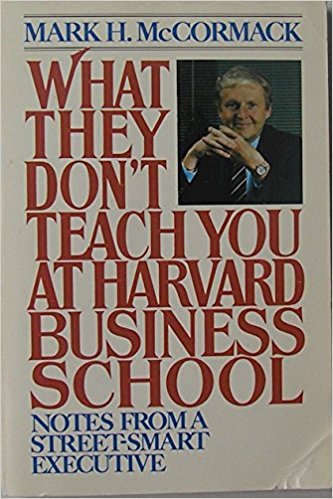

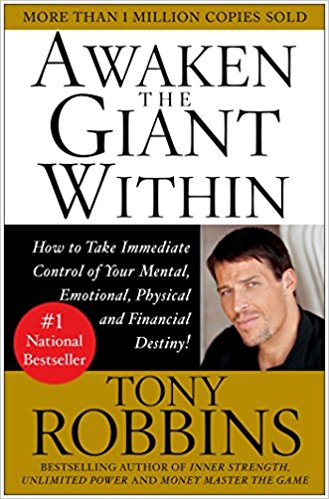

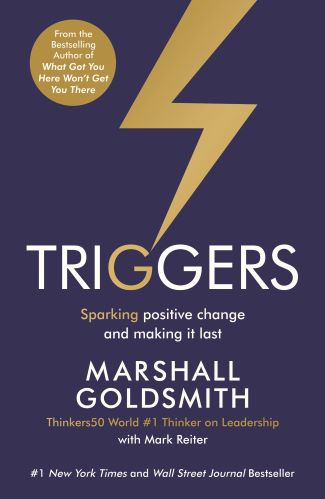
 This information will never be shared with third party
This information will never be shared with third party
Share This Article